Ever startled someone by your handshake? Not because of your grip but due to the dryness and roughness of your hands? Well, it might not have happened to you but it does to so many other people. Environmental factors such as cold, dry air and exposure to the sun can leave your skin looking like sandpaper. Furthermore, corrosive elements that you encounter during the day are also likely culprits.
Not only are rough and dry hands a psyche bummer, but they are also unsightly and prone to infection. There’s some good news; getting your soft hands back is actually possible! This may require the use of oil massages, scrubs, and protective measures among others, all which you can easily do on your own.
Below, we have outlined ways on how to soften rough, dry hands. We have also gone ahead and included information on the causes, dangers, and prevention of the condition.
What Causes Rough, Dry Hands?
Understanding the causes of dry and rough hands can go along way in helping you to choose the right remedy. While the causes range from exposure to elements and substances that you come into contact with, skin diseases and side effects from medication can also contribute to the condition.
- Weather
Dry air, the kind that is usually seen in colder months, is a common cause of dry hands. Without water in the air, moisture is drawn from your skin, leaving it dry and prone to flakiness. Exposure to extreme sunlight for a prolonged time will also dry out your hands. This can be made worse by the wind which makes it hard for the skin to retain moisture.
- Water
Your hands collect dirt almost constantly during your interactions with your environment. While washing ensures cleanliness, too much time in water could be the reason behind dryness. Water draws away moisturizing oils from the skin leaving your hands dry.
Prolonged exposure to water also hampers the skin’s ability to rejuvenate its oils. Although it can be argued that water moistens your hands, as the water evaporates, it leaves your skin dry and tight.
- Detergents and Soap
The detergents that you use to hand-wash your clothes could be corroding your hands; the same goes for some bathing soaps. This is common in old-fashioned bar soaps and some commercial cleansers whose formulations are harmful to your skin.
Harsh soaps usually contain potent antiseptics and irritating chemicals such as tetrachloro-salicylanilide. Also known as TSCA, the ingredient is prohibited by the FDA for use in cosmetics due to the risk of causing skin disorders. Even with the warning though, the compound still finds its way into soaps and detergents
- Chemicals
What kind of chemicals do you come into contact with day in day out? This could be at work or through the use of chemical-based products at home. Common chemicals in this category include hydrogen peroxide, sulphuric acid and any acid for that matter, imidazole, bromine, and amines.
These corrosives can be in the form of liquid or gases. Apart from degrading your skin, if inhaled, fumes from chemicals such as ammonia, sulfur dioxide, and hydrogen chloride will harm your body internally.
- Skin Diseases
Skin conditions such as eczema and psoriasis can damage the integrity of your skin. These are diseases that make your skin, patchy, dry and rough. Your hands can also get itchy and flaky. In particular, people who suffer from eczema develop symptoms on their hands. This has been noted to occur in about half the people with the condition.
Other diseases associated with dry hands include actinic keratosis, a condition which appears on areas of the skin most exposed to sunlight. Also, if you are prone to sunburn, your hands may peel leaving softer skin layers exposed to the elements; the end result which is drying, more peeling and roughness.
- Daily Chores
Handling machinery, driving, washing your car, handling gym equipment, gardening, etc. are just but a few examples of things that your hands may have to undergo in the course of your busy life. Your hands dry out with every task. The skin rejuvenates but overworked hands will often harden, crack and become rough.
- Improper Skin Care
Not following a proper skincare routine which works for your skin type can damage your skin. For example, if you have overly dry skin and you don’t include a good moisturizer in your regimen, your hands will only get drier.
Your choice of skincare products can also contribute to skin damage; think of products laden with fragrances and preservatives. Such products have been associated with triggering allergic reactions and skin irritation- leading to dry and rough hands.
- Medication Side Effects
Some medications list dry skin as a possible complication or side effect. This can range from oral to intravenous medicines. Diuretics for high blood pressure can dry your skin, as well as give your skin a scaly appearance.
Any medication that suppresses the production of skin oils can also be blamed for dry hands. Such includes topical acne medication and antihistamines.
What Happens to Rough, Dry Hands?
Dry and rough hands are usually not a major concern. However, if left untreated, you may end up with a host of problems. For starters, microscopic cracks may develop on your palms. These can be itchy and painful. You also run the risk of infections which use the cracks as a gateway into your body.
Simple actions like applying body lotion can prove difficult due to the roughness of your hands. Also, bacteria and toxins can collect in the cracks and find their way into other areas of your skin through contact. This can aggravate other skin conditions such as acne, skin sensitivity, and dermatitis.
How to Soften Rough, Dry Hands
Softening dry rough hands is a continuous process that might need to be repeated regularly as long as the causes or the condition exists. Adopting regular skincare routines and strategies, and the use of some easy treatments can go a long way in giving you baby-soft hands. Here are a few to try.
1) The Overnight 3-step Treatment
This involves exfoliating, moisturizing and overnight gloving.
- Exfoliation
This is getting rid of the dead skin that is responsible for the roughness. When you exfoliate, you leave your skin fresh and ready to absorb the moisturizer. You can buy exfoliants from your beauty store or make your own DIY exfoliant at home.
To exfoliate properly, use warm water to wet or wash your hands. Apply your exfoliant generously on each hand and rub thoroughly for up to 5 minutes. Rinse your hands and dub them with a soft towel to dry them completely.
- Moisturization
Moisturization is meant to lock in moisture or restore moisture that has been lost. For great moisturization effect, choose a cream that has been specifically indicated for use on hands because it is usually thicker. Be on the lookout for ingredients such as B vitamins, shea butter, retinol, lanolin, and hyaluronic acid among others.
Dab lots of the moisturizer on your hands and pay special attention to areas between the fingers, cuticles, and the palms. If you feel like you have excess, then you probably have the right amount as the idea is to let it absorb into your skin gradually.
- Gloving
Gloving your hands keeps the cream from rubbing off while locking it in to soak into your skin. For maximum results, leave the gloves on for up to 6 hours which is why they are recommended for overnight use. If you don’t have gloves, mittens or socks can also work.
Repeat the process once or twice weekly for the softest hands.
2) The Deep Conditioning Salve
This comes in handy when your hands are not only dry and rough but also peeling and cracking. The salve helps in healing and conditioning your hands. Rub it on your hands regularly until you see desirable results.
3) DIY Remedies for Rough, Dry Hands
There are ingredients that you can use to soften your hands right from your home. These are remedies that help to exfoliate, moisturize and restore your hands to their softer self naturally.
Here is a hotlist of the best DIY solutions for rough and dry hands.
- Olive Oil
Olive oil comes with antioxidant properties making it perfect for keeping damaging free radicals off your hands. This helps in repairing damaged skin. This is not all, coconut oil is also laden with essential fatty acids and vitamin E, agents that help in moisturizing and nourishing your skin. You can use it in two different ways:
Apply a liberal amount of olive oil on your hands and massage gently. Let it be absorbed before resuming your chores. For best results repeat in the AM and PM. If your skin is also flaky and needs to be exfoliated, mix olive oil and brown sugar to make a paste. Message using the paste for about 5 minutes then wash off with warm water.
- Honey
Honey is a natural moisturizer and has been used for ages to heal damaged skin. It also has antioxidant properties which aid in keeping your skin looking young.
Apply a few drops of the honey on your hands let it be absorbed then wash off with lukewarm water. You can also add some olive oil or coconut oil to make the remedy more effective.
- Avocado
Avocado comes with antioxidants, minerals, vitamins, and essential fatty acids. As such, its oil will treat dry hands and act a natural sunblock. It also has antimicrobial properties which help in getting rid of harmful bacteria on your hands. Studies have also suggested that avocado oil used in combination therapy can treat skin diseases such as psoriasis.
Cut a ripe avocado, mash the flesh into a paste, and massage the paste into your hands. Let it absorb for about 15 minutes. Wash off with cold water and repeat twice daily. You can add almond oil and honey to make the remedy more efficacious.
- Aloe Vera
Aloe vera is mother nature’s answer to many skin problems. When it comes to dry hands, it moisturizes, soothes, heals and lightens dull skin. Aloe vera gel contains amino acids which have been noted to soften hardened skin and reduce flakiness.
Cut a succulent aloe vera leaf lengthwise. Rub the clear gel on your hands and let it absorb. Leave it for about 20 minutes before washing off with warm water. Repeat twice daily for best results.
- Coconut Oil
Applying coconut oil moisturizes and softens your dry hands. Unlike most natural oils, coconut oil does not become rancid- a simple way of saying it doesn’t go bad, hence there is no need to wash it off. It’s also a natural exfoliant and anti-inflammatory agent, properties that help in healing dry skin without causing any irritation.
Apply virgin coconut oil on your hands and let it absorb. Leave it for the rest of the day and repeat at least twice daily for desirable results.
4) Medical Treatments
Medical treatments are necessary when the condition does not get better with the above treatments, gets out of hand or is as a result of underlying medical conditions.
Signs such as bleeding, extreme redness, inflammation, discoloration, or open wounds should also be indicators that you need medical attention. The treatments chosen by your doctor are dependent on your specific condition. For example, your dermatologist may prescribe topical corticosteroids for eczema and psoriasis.
How to Prevent Rough, Dry Hands
If you can maintain soft hands, you wouldn’t have to deal with their rough, dry counterpart. The following tips can help you achieve this:
- Don’t wait for your skin to become dry for you to start moisturizing, use a moisturizer at least twice daily and reapply after washing your hands or doing any activity that makes your skin dry.
- Use sunscreen to protect your hands from the drying effects of sunlight exposure.
- Use a humidifier during winter to adjust the humidity in your home and especially in your bedroom to fight off dry skin.
- Only use soap to clean your hands when necessary. Soaps contain chemicals that are known to dry out the skin. If you must, use gentle, lipid-free soaps.
- Avoid over-washing your hands as this strips them of the natural oils that keep your skin moisturized.
- Keep off alcohol-based hand sanitizers as they dry out your skin.
- If you spend lots of time with your hands in water, use gloves to protect them.
- Instead of using hot air dryers, pat your hands dry with paper towels
Rough, dry hands is a common problem in many people. Several factors contribute to the condition, among them environmental, health and lifestyle. Knowing what is causing dry hands is key to reversing the effect. Besides adopting skincare habits to regain softer hands, you might need to make a few adjustments to either get rid of the causes or lessen their blow. That’s not all; it is important to also keep your hands from drying in the first place. The tips above will help with this and if you are already a victim, keep the situation from worsening.

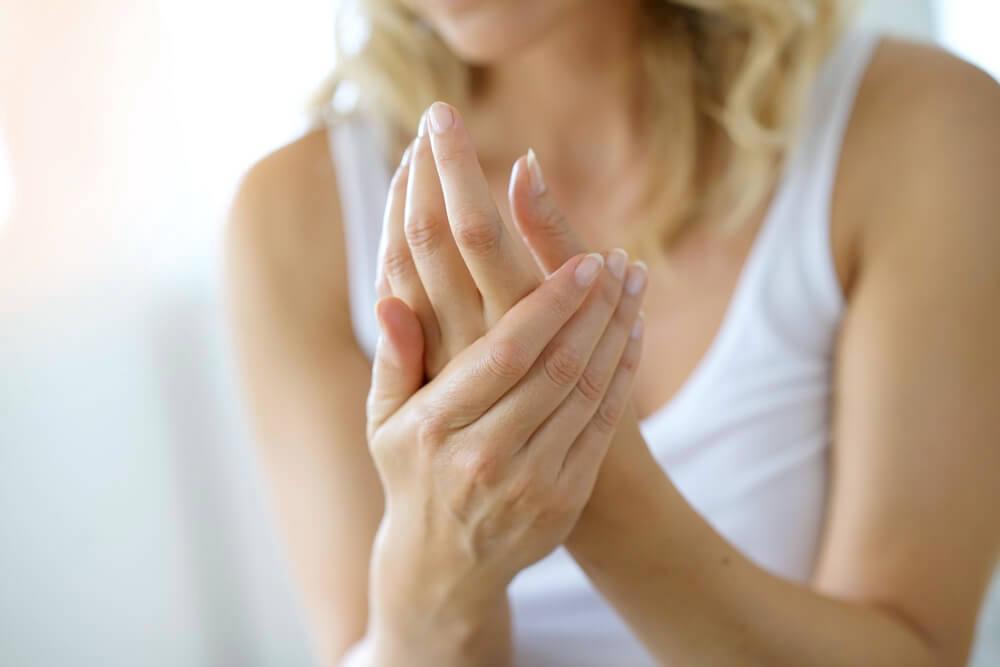
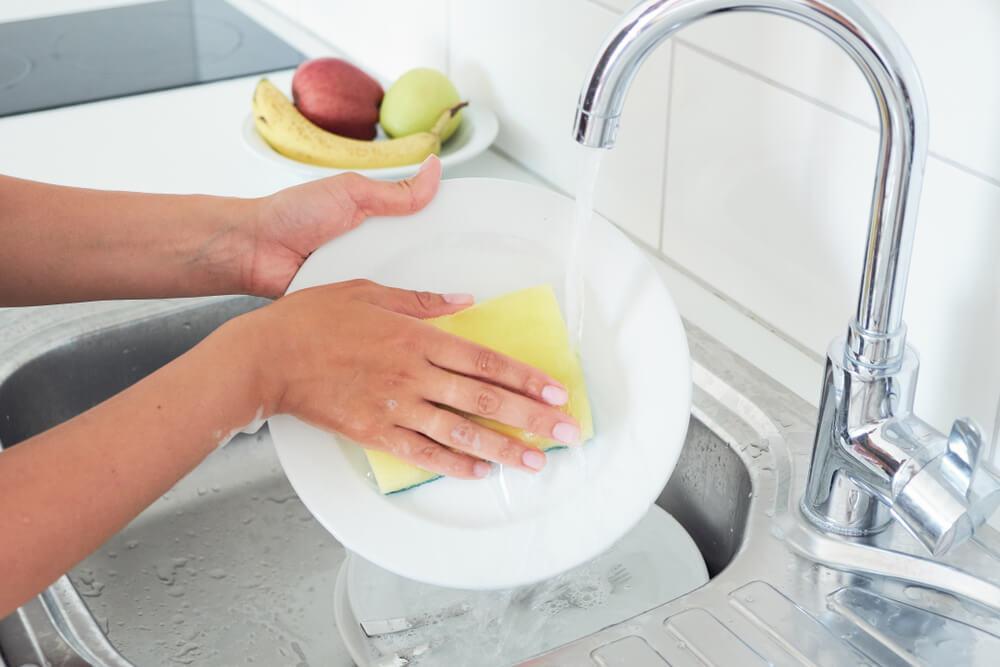
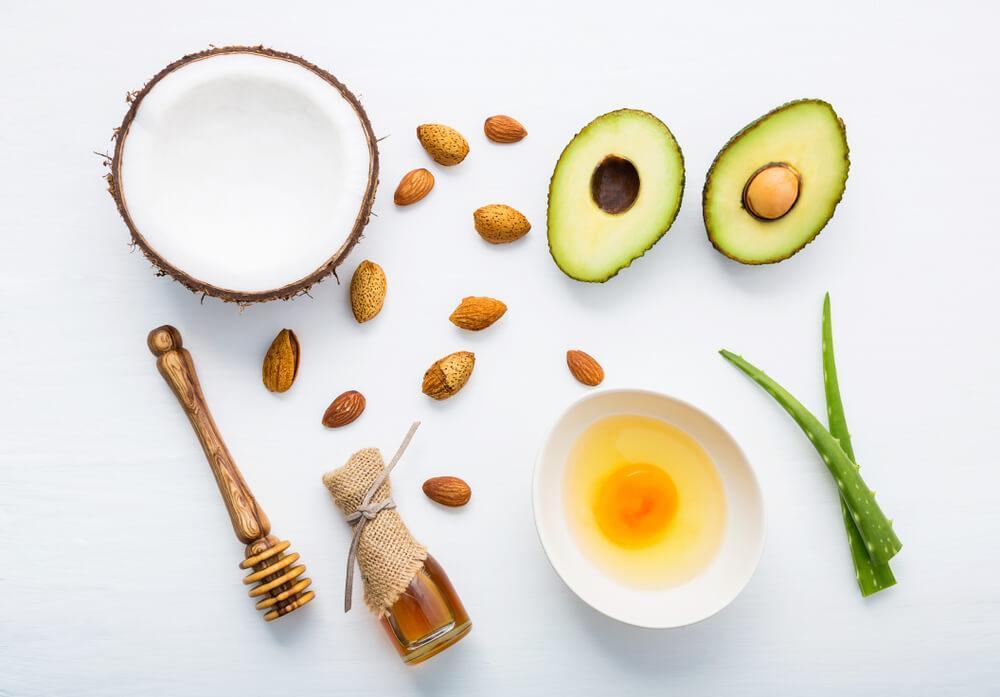

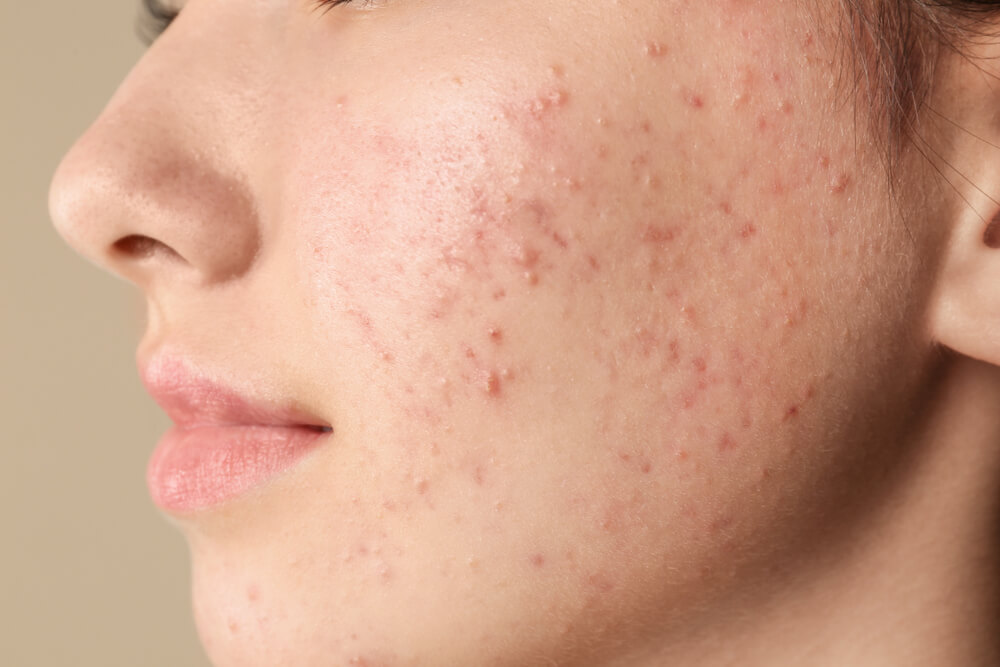
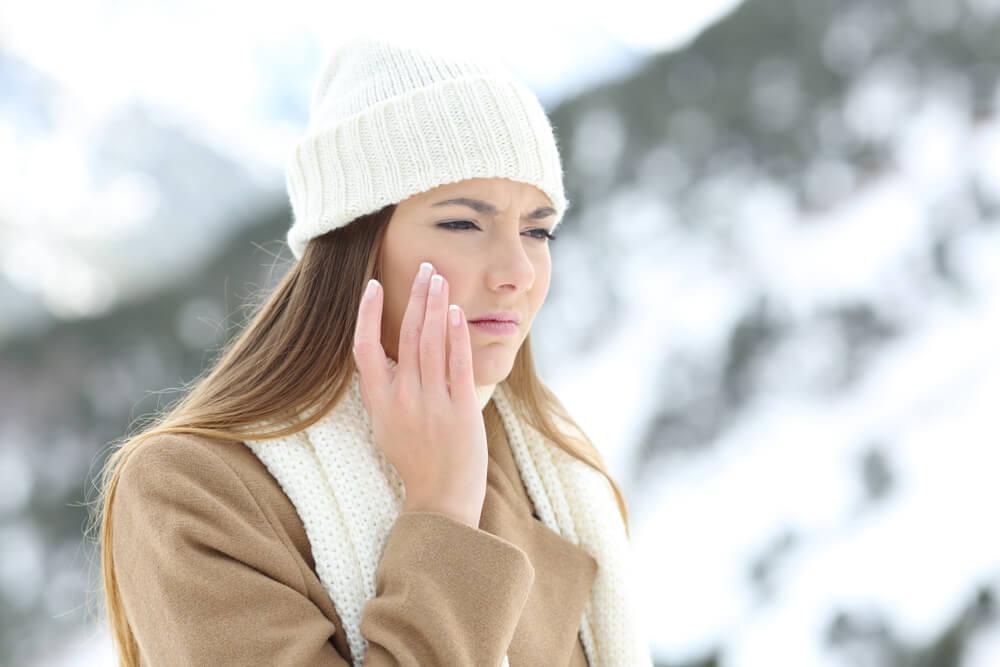
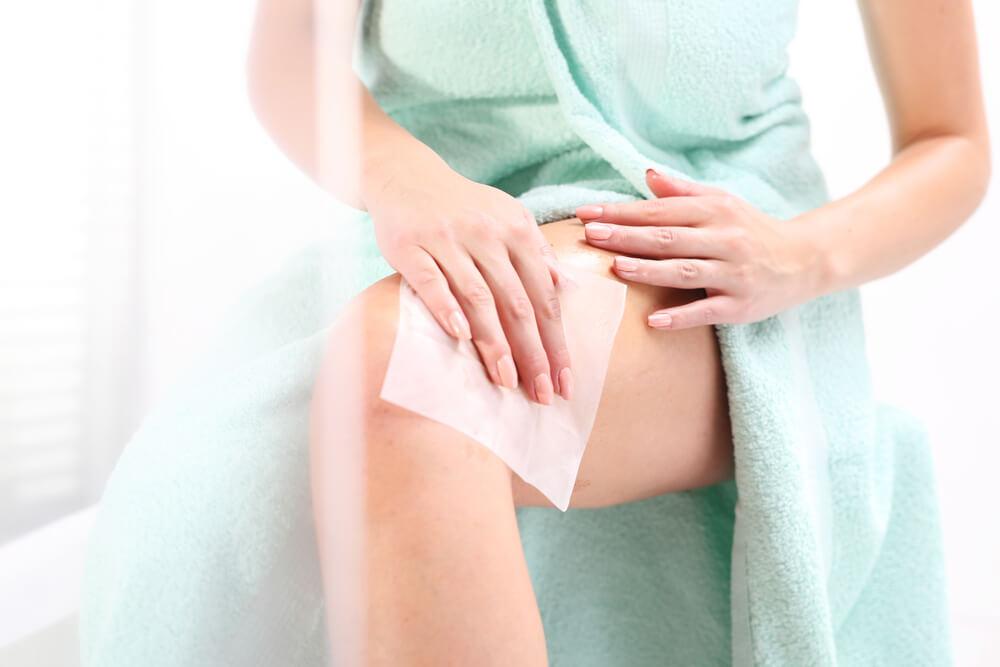

Leave A Comment